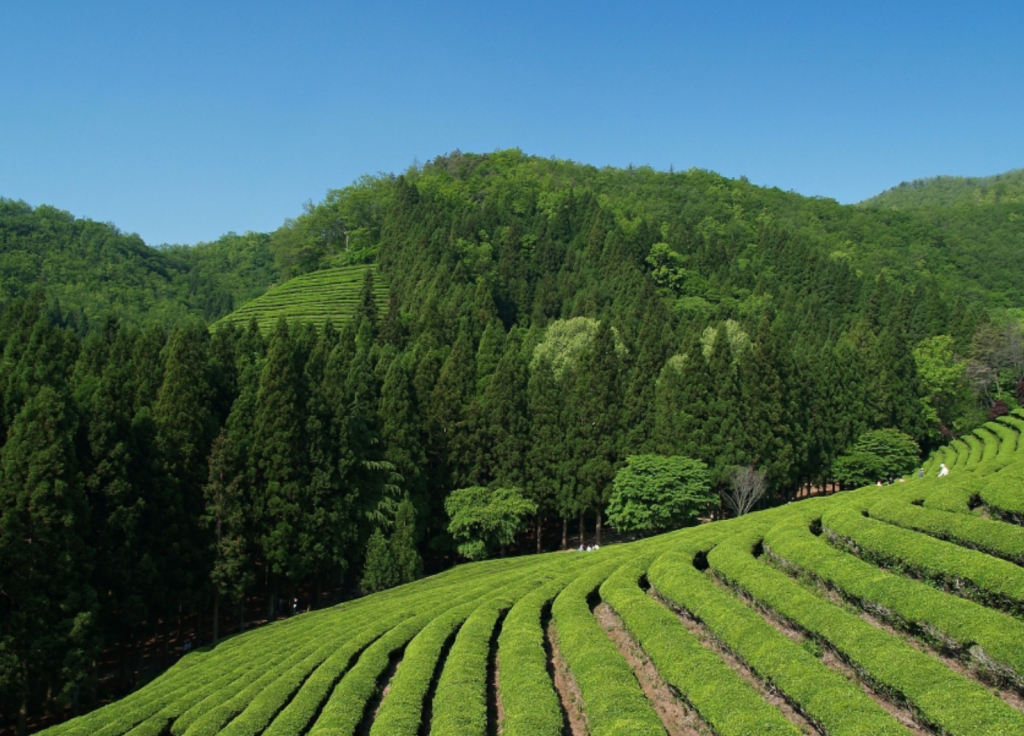Tea tree oil is one of the best known essential oils and commonly used in all sorts of health-care & cosmetic products. But do you really know what it does? Why is it so popular? Find out here.

Antifungal
Tea tree oil is anti-fungal, shown by research here, having a fungal infection can show up in lots of different ways within the body, one of them being an itchy scalp. An overgrowth of fungus or yeast can cause dandruff, but traditional anti-dandruff shampoos can be irritating and harsh, due to the antifungal chemicals used in them, causing even more scalp irritation! Reach for a good, organic tea tree shampoo instead.
Antibacterial
Tea tree is antibacterial, making it the perfect ingredient to show up in soaps, body washes, and – especially if you suffer from acne – skincare. Using a good tea tree face wash can help minimize the acne-causing bacteria that can build up on the face, as well as cleanse the skin of impurities like makeup, dirt and pollution.
It’s safe!
Unlike the majority of other essential oils, tea tree oil is safe to apply topically without the use of a carrier oil. But dont’ go overboard – there’s no need to – it’s still a potent oil!
Psoriasis-friendly
Tea tree has been described as a ‘novel antipsoriasis weapon’ by one study. This is likely to do with the fact it is anti-inflammatory, which means it can reduce redness, swelling, and pain.
Soothing
Tea tree oil can soothe the skin after hair-removal. Simply add a few drops into your body moisturiser and apply after waxing or shaving.
Insect Repellent
Insect repellent is so often filled with noxious chemicals, it’s surprising it doesn’t repel more people from using it! Thankfully, nature has provided much more pleasant alternatives – like tea tree oil.
A study found that tea tree oil was much more effective than DEET – a commonly used ingredient in conventional insect repellents.
Make sure it’s organic!
As with any product or ingredient we recommend, make sure it’s genuinely organic. Synthetic products can cause allergy-type reactions or irritation and can also claim to be ‘natural’ or ‘organic’, when in fact only a few ingredients (or none at all!). When testing if tea tree oil is right for you, check for independent organic certification (bodies such as the Soil Association or Ecocert can verify this) – this will ensure no nasty chemicals are contaminating your oil.
